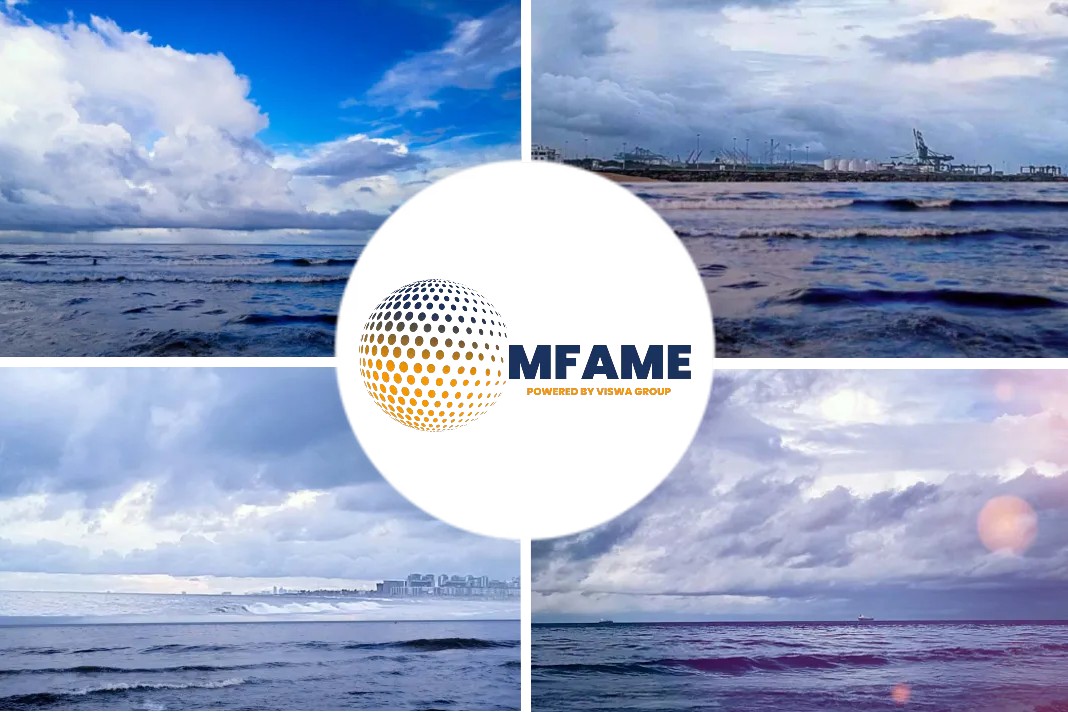
According to a 15-country study, over a year after Russia’s war against Ukraine began, it has united the west but highlighted a rising gap with the rest of the globe that is shaping the parameters of a future global order, as reported by The Guardian.
Ukraine war
The European Council on Foreign Relations (ECFR) think tank study surveyed opinions in nine EU member states, including France, Germany and Poland, and in Britain and the US, China, Russia, India and Turkey.
“The paradox of the Ukraine war is that the west is both more united and less influential in the world than ever before,” said Mark Leonard, the think tank’s director and a co-author of the report, based on polling carried out last month.
Timothy Garton Ash, a professor of European studies at Oxford University, who also worked on the study, called the findings “extremely sobering”.
The survey showed the war had given the transatlantic west unity and purpose, he said.
However, it had “utterly failed to persuade major powers of the rest, such as China, India and Turkey”.
Necessary partner
The survey showed western views of Russia had hardened in the past year.
On the other hand, just 14% in the US, 15% in the nine EU states surveyed and 8% in Britain viewed Russia as an “ally” who shared their interests or a “necessary partner”.
Western respondents were equally pessimistic in how they described Russia.
Asked to pick two out of 10 proposed descriptions, in the US 45% and 41% respectively of survey respondents chose “aggressive” and “untrustworthy”, along with 48% and 30% in the nine EU countries and 57% and 49% in Britain.
Across the nine EU countries polled, an average of 55% of people favoured continuing sanctions against Moscow even at the expense of economic pain.
Long war
More people in Europe (44% in Britain, 38% in the EU nine) believed Ukraine should retake all its territory, even at the cost of a long war, and fewer (22% and 30%) wanted the war to stop as soon as possible, even if that meant Ukraine ceding land to Russia.
Responses from the non-western countries surveyed, however, were very different.
Large numbers of people in China (76%), India (77%) and Turkey (73%), for example, said they felt Russia was “stronger” or “as strong” as before the war.
They saw Moscow as a strategic “ally” and “necessary partner” of their country (79%, 79%, 69%).
Similarly, many more (41% in China, 48% in Turkey and 54% in India) wanted the war to end as soon as possible, even if that meant Ukraine ceding territory. In comparison, just 23%, 27%, and 30% thought Ukraine should regain its land even at the cost of a more extended conflict.
Did you subscribe to our newsletter?
It’s free! Click here to subscribe!
Source: The Guardian






















